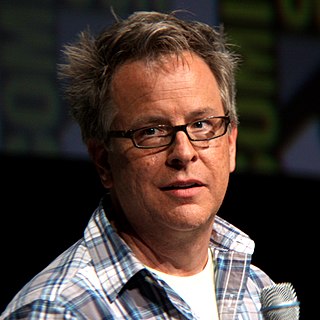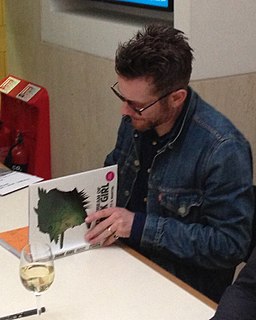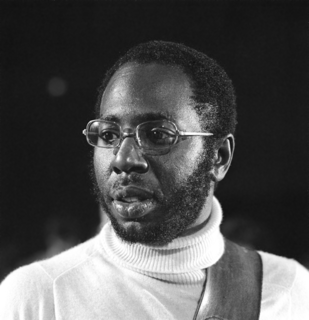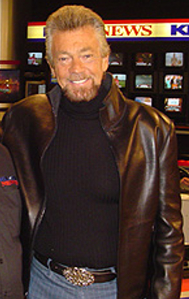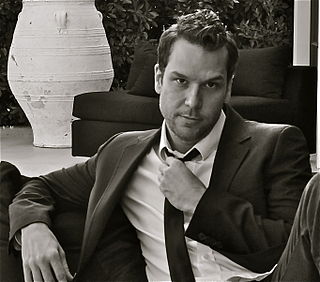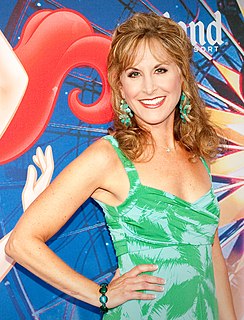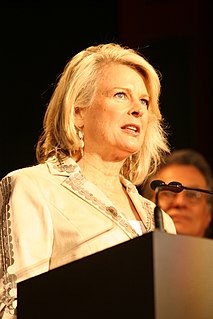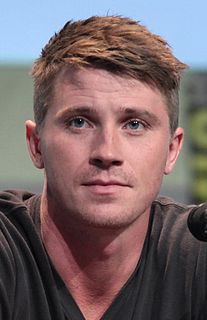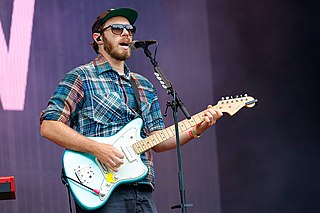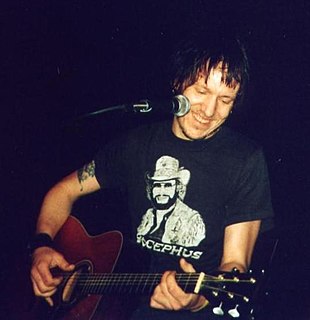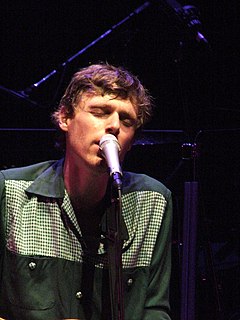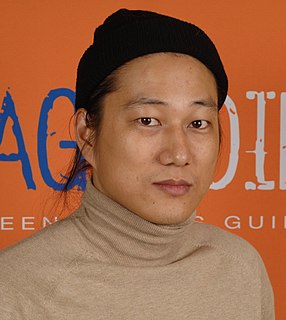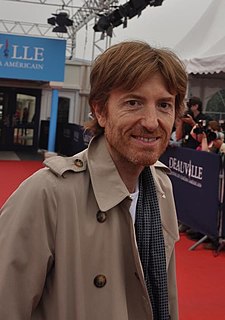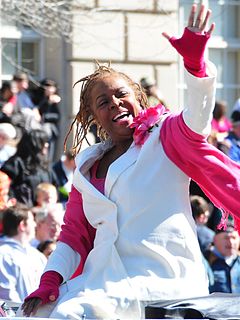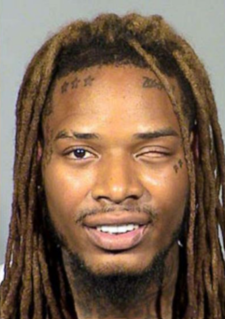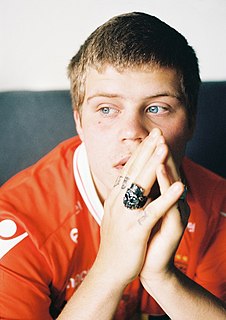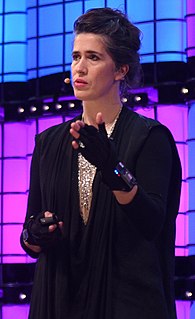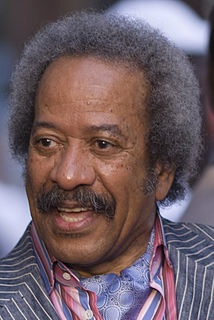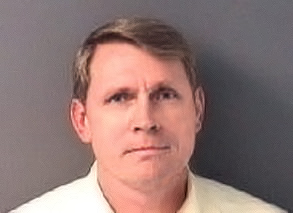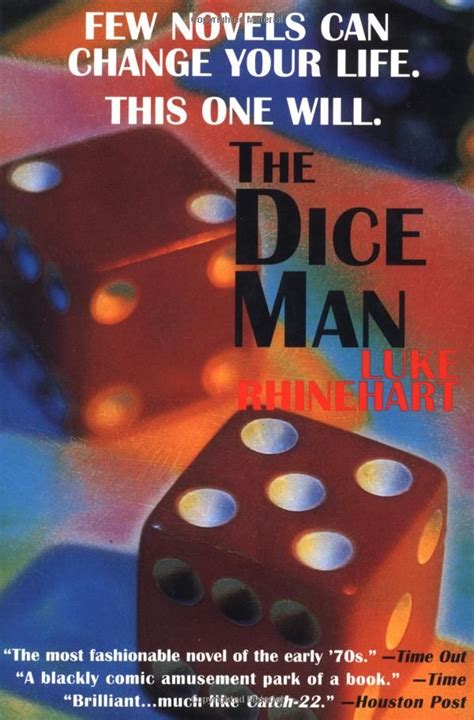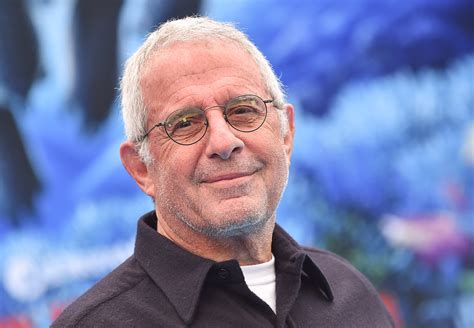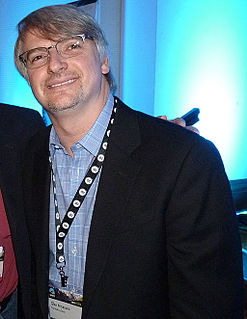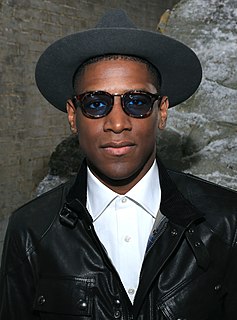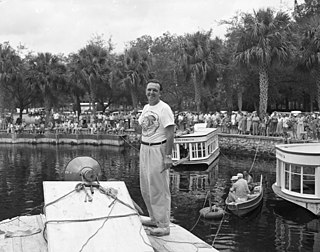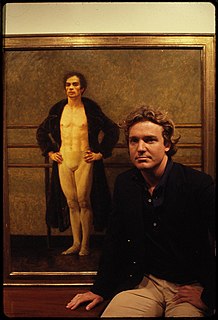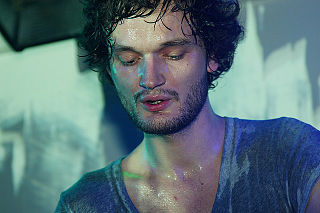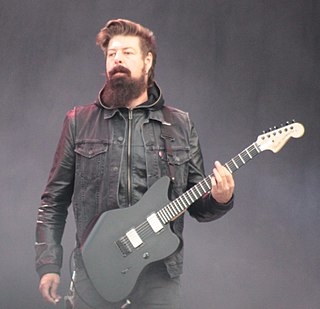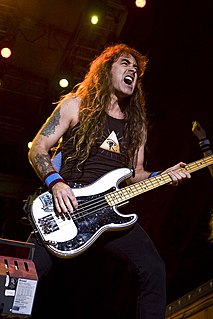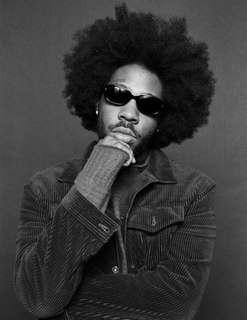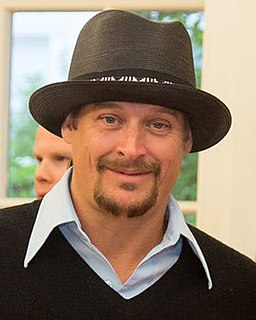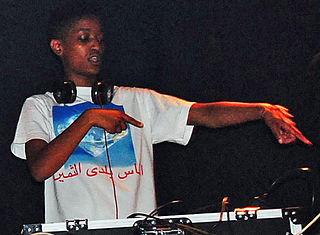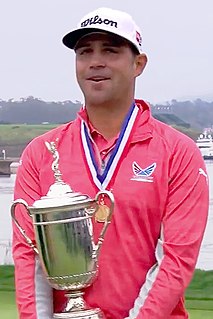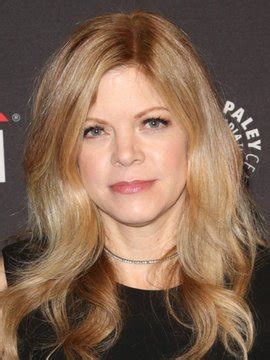Top 1200 Studio 54 Quotes & Sayings - Page 3
Explore popular Studio 54 quotes.
Last updated on December 4, 2024.
There were two recording studios in Bellingham. One was really expensive, a "nice studio." We were at the point where we were young and irreverent. We would scoff at the idea of a nice studio. "Why would you want to go to a nice studio? Oh wow, they have really expensive gear. Ooh, that's really fancy. Well we've got an eight-track. We've got it going on here." Now that we have the resources, we're like, "Oh wow, a nice studio is pretty nice! They do have nice outboards here. It's actually a pretty good place." It's funny how much changes so quickly.
My take on what happened with the moon landing was [......] they suspect [ sic ] that on impact that the cameras would be damaged because back in 1969 cameras weren't, you know, like they are today, as good. So they had a studio set up at CBS to mimic the moon landing. And sure enough the cameras broke and so they flipped, you know, the CBS studio on. And what you saw of the footage of the '69 moon landing was actually at CBS studio.
If I have a song that I feel is really one of my best songs, I like it to have a formal studio recording because I believe that something being officially released on a studio record gives it a certain authority that it doesn't quite have if it comes out on a live album or is just a part of your show, you know.
When I was younger, I'd be in the studio three days straight to get something right, and my manager would be like, 'Go home!' Even now, I still sleep in the studio sometimes, but I can't do it quite as often. I've got gigs; I can't have my hobo beard! But if you love what you're doing, you can't stop. It's obsessive.
We have heard projects with some of the writers, who we've been in business with for a long time at the studio, that we've heard as a studio - often, pitches that are still in their formation stage where we or the writers have wanted our input on developing them. We've probably heard more pitches with the network hat on. Certainly all of the outside pitches are that way, and many of the pitches that have been in great shape coming out of the studio we've heard from a network perspective.
